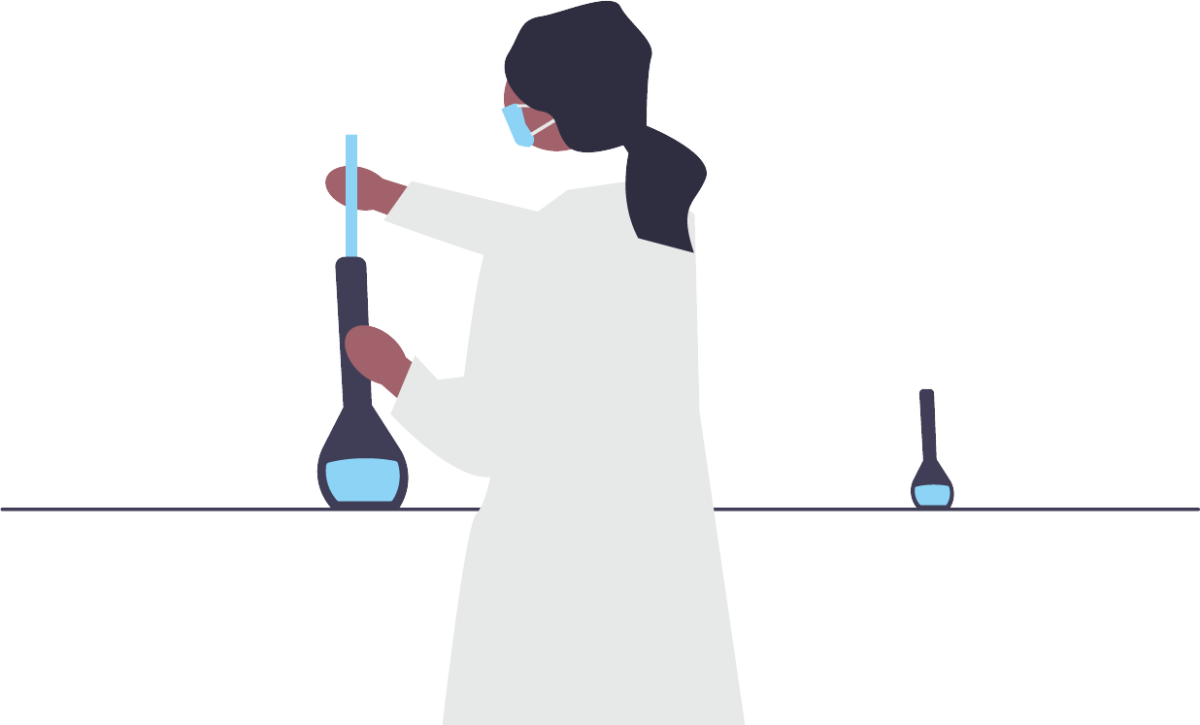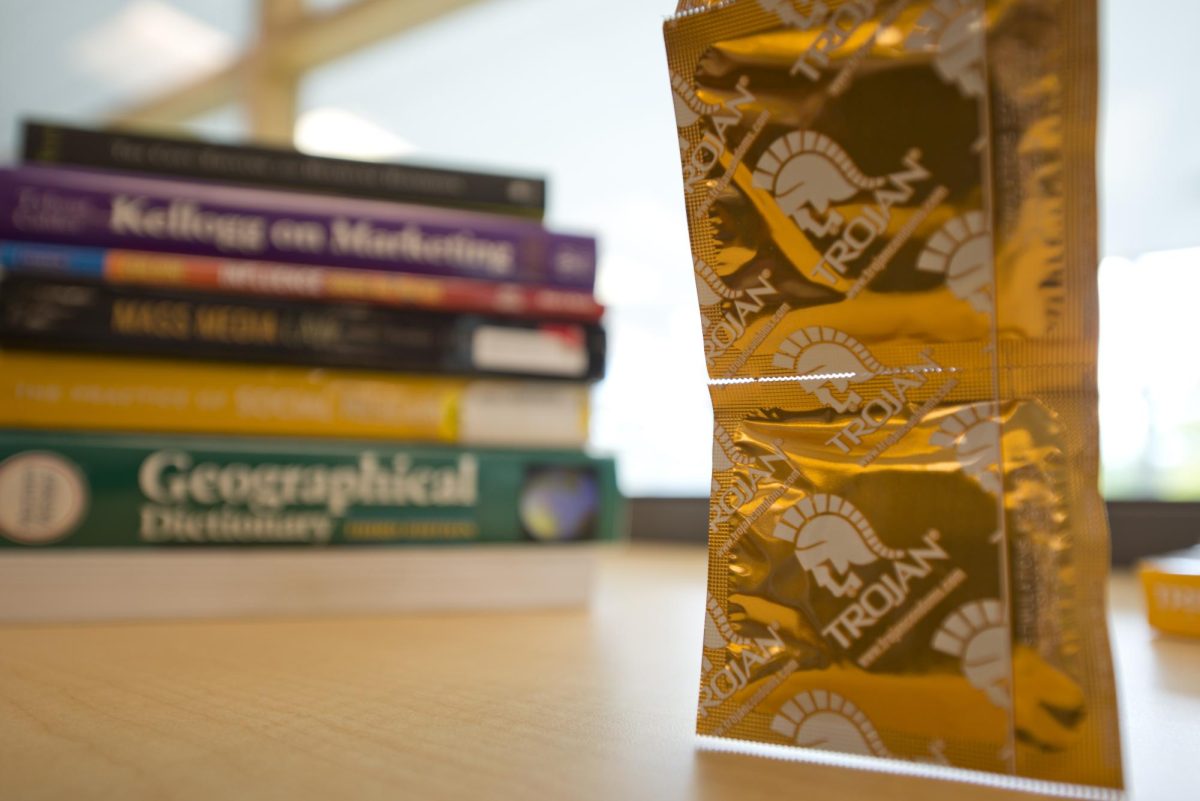My Welch’s 100 percent White Grape and Cherry Juice has a sell by date of 4/6/17. My Kirkland Signature 100 percent Grape Juice also has a sell by date of 4/15/17. It seems strange to me that these juices should be able to last this long, yet this is the standard across the spectrum of juice choices. Orange juice, cranberry juice and even V8 has a year long shelf life.
You may think that our juices are loaded to the brim with preservatives and that the “100 percent” on the bottle doesn’t mean a lot. Most big-name juice producers use the natural preservatives already in the juice or add a little bit of lemon juice or sugar. Ever wonder why one serving of your grape juice contains 100+ percent of your daily recommended intake of Vitamin C? Vitamin C is a natural preservative. Natural preservatives only last for a few months at best, however, and can do nothing protect against growth in room temperature. So what makes juice last for a year or two on the shelf? It’s the pasteurization process.
There are two main methods for ensuring an extended shelf life for juices, daeration and concentration. Daeration is the process of removing gasses from liquids. Major fruit juice producers like Tropicana and Minute Maid use this process. Juice is stored in giant vats, heated to destroy any harmful bacteria and then deoxidized to prevent new bacteria from growing. It preserves the juice without needing to add extra chemicals. The only drawback? It takes out all of the water and destroys the flavor.
To account for this, the juices have flavor packets added to the drink. The flavor packets are made from leftover material like orange rinds in order to maintain that “100 percent juice” status. Juice from concentrate is a similar process. The fruits are boiled down so all the water evaporates and you’re left with just the “pure essentials” of the product. Unfortunately, this also means all the flavor was burned off. Hope you like flavor packets! The difference between the two is that the mixture is frozen.
These methods are by no means new. Daeration and flavor packets were invented in 1932 when trying to find a way to ship orange juice to our soldiers overseas. It was a cheap and easy method to provide soldiers something to drink and prevent scurvy. The orange mixture would go in a barrel with a little sugar syrup and terpeneless orange oil, then moved to get canned and ready for shipment. Really quite a genius move for the war effort, and a profitable move by companies. Our need to prevent scurvy has declined, if not all but disappeared, yet this process remains strong. After all, it makes much more sense for juice companies. With a shelf life of a year or more and no need to refrigerate the product, they can ship it all over the world; they only need a few manufacturing plants and plenty of drivers.
“So what?” you might be saying. “I drink soda and chew gum too. What’s so bad about artificial flavoring?” The process defeats the purpose of choosing to drink juice in the first place. The pasteurization process destroys most vitamins and minerals found in fruit and vegetables. Notice that the label will tell you that one serving of juice has 100+ percent of your recommended daily intake of Vitamin C, but barely reaches 8 percent of any other vitamin or mineral? The process to preserve juice destroys almost all the positive aspects of having a fruit drink. An article from The Guardian suggests it’s more beneficial to just drink water and have a piece of fruit instead. The research group from Cambridge found that drinking fruit juice is about as useful as drinking soda. The truth is that most fruit drinks from any large producer are hardly a healthy choice, unless you’re suffering from scurvy.
Juice is really only beneficial if it’s been produced raw or was pressed. Of all the supermarkets in my area, I cannot find a single one that sells fresh juice. There are certainly more healthy options available like Odwalla and Organic Avenue, but I cannot find juice made that morning or the day before.
For a company as large as Smith’s, which does have its own in-store product, how hard would it be to make and sell fresh juice? The endeavor is not impossible. Some Whole Foods do have in-store juicing and packaging. The ingredients in these are very simple: nine pressed apples with a dash of lemon juice.
What’s the problem? It’s cheaper to simply purchase juice in mass from a supplier than produce it yourself.


















nikhil • Nov 8, 2019 at 2:49 am
i have started to make lemonade ginger ale Squash its my grandmothers recipe and it tastes like heaven i can preserve it till six months obviously using preservative . We keep a very high quantity and quality of the ingredients in it and thats why the taste and result is amazing
i wanna get into ready to drink like coke just an eg . Could you help me by guiding me how can i make lemonade gingerale soda and pack it in a 250 ml bottle and keep the shelf life for 3 months or more .
Pls guide and help as this is not just to make money but also give people and society ,kids everyone a genuine product a soda which really gives them not just taste but also health.